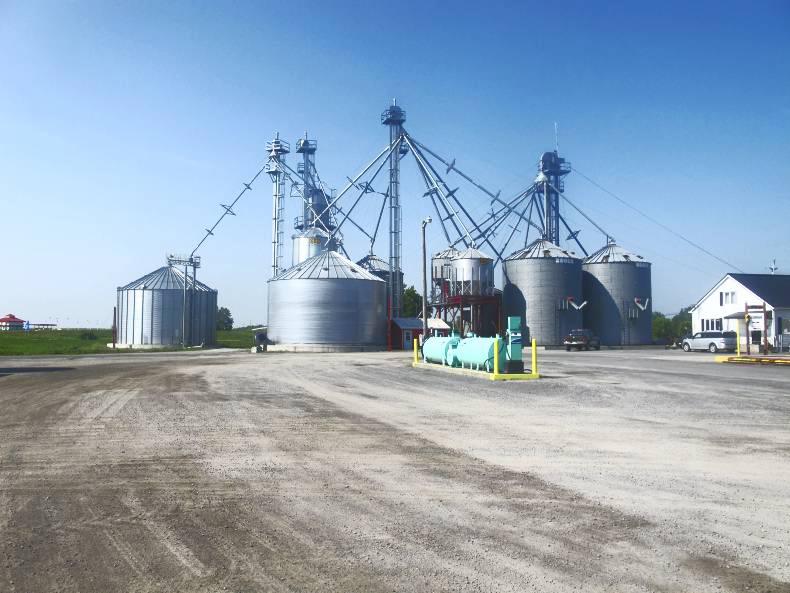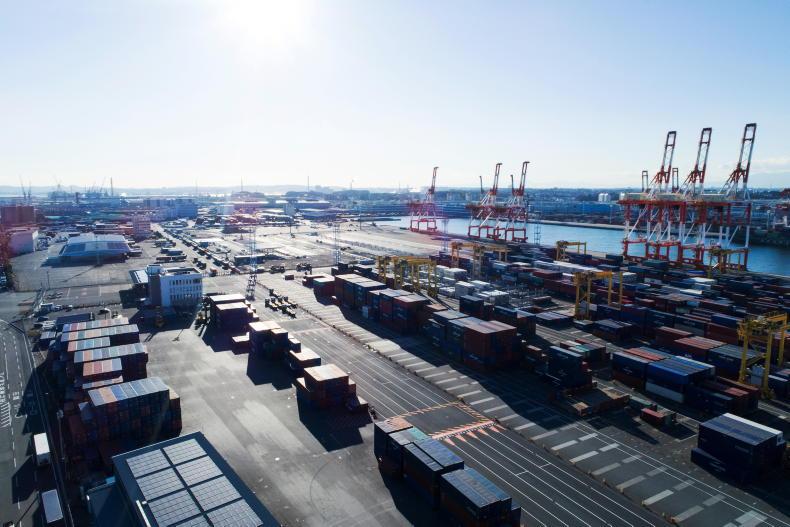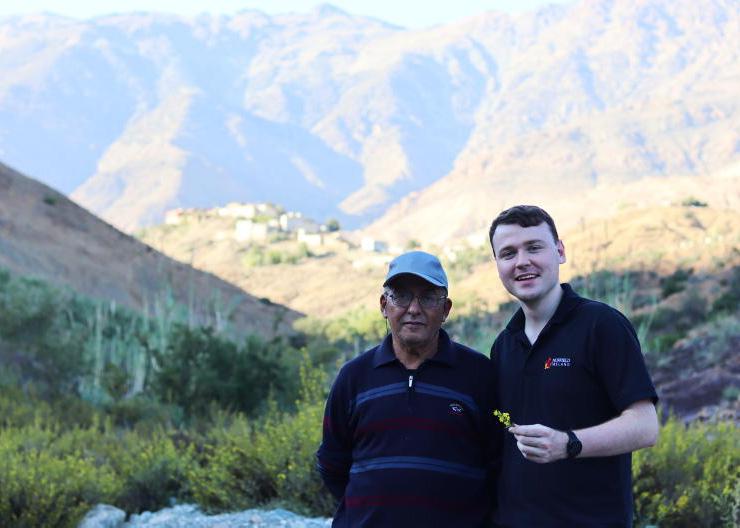A Canadian dairy industry analyst has come out to say he can not fathom New Zealand Trade Minister Tim Groser’s aggressive attack on the Canadian milk production system, in which the minister said the Canadian dairy industry belonged in the former Soviet Union and its market should be open to competition.
Bruce Muirhead, Associate Vice President of External Research at the University of Waterloo in Ontario, said Groser’s attack was misplaced and the New Zealand minister was "playing with fire".
He also said he was taken aback because he criticised the Canadian system so aggressively and because there was no truth in the accusation.
Dr Muirhead said that while New Zealand’s dairy system clearly benefited dairy farmers, the Canadian Quota System, which supplies domestic demand, benefits both farmers and consumers.
Dr Muirhead also said he could not understand Groser’s desire to end the Canadian dairy sector’s domestic focus.
"New Zealand of course is dependent on dairy exports, primarily to China, particularly after the Free Trade Agreement in 2008, and I don’t understand why New Zealanders seem to want Canada to get involved in the international market", he said.
Part of the problem with these trade agreements, according to Muirhead, is that every single country in there thinks exports are going to Vietnam or Malaysia or Canada or the US.
"Nobody thinks about the possibility of imports being foisted or forced upon them as well."
Dr Muirhead also cautioned that if Canada was forced to give up supply management, then the world could be its oyster too, in terms of milk exports, and they could cause disruptions in the world dairy market that would adversely affect New Zealand.
US milk producers want the Canadian dairy market opened too, but for the moment they are setting their sights on Fonterra in New Zealand.
They have gone on record as saying that if Fonterra isn’t fundamentally changed, it represents an unfair advantage for New Zealand and they are going to oppose NZ inclusion, at least Fonterra’s inclusion in the TPP (Trans Pacific Partnership) final agreement.









SHARING OPTIONS